Bharat Law House VS Wahi’s Law Relating to Benami Property Transactions Edition 2022
Bharat Law House VS Wahi’s Law Relating to Benami Property Transactions Edition 2022
Description
Bharat Law House VS Wahi’s Law Relating to Benami Property Transactions Edition 2022
Bharat Law House VS Wahi’s Law Relating to Benami Property Transactions Edition 2022
Prohibition of Benami Property Transactions Act, 1988; Section 3(2) – Benami
Transactions (Prohibition) Amendment Act, 2016 – Section 3(2) of the unamended
1988 Act is declared as unconstitutional for being manifestly arbitrary.
Accordingly, Section 3(2) of the 2016 Act is also unconstitutional as it is violative
of Article 20(1) of the Constitution. (Para 18.1)
Prohibition of Benami Property Transactions Act, 1988; Section 5 – Benami
Transactions (Prohibition) Amendment Act, 2016 – In rem forfeiture provision
under Section 5 of the unamended Act of 1988, prior to the 2016 Amendment Act,
was unconstitutional for being manifestly arbitrary – In rem forfeiture provision
under Section 5 of the 2016 Act, being punitive in nature, can only be applied
prospectively and not retroactively – Concerned authorities cannot initiate or
continue criminal prosecution or confiscation proceedings for transactions
entered into prior to the coming into force of the 2016 Act, viz., 25.10.2016. As a
consequence of the above declaration, all such prosecutions or confiscation
proceedings shall stand quashed. (Para 18.1)
Benami Transactions (Prohibition) Amendment Act, 2016 – The 2016 Amendment
Act was not merely procedural, rather, prescribed substantive provisions. (Para
18.1)
Constitution of India, 1950; Article 32, 226 – Judicial Review – Constitutional Courts
can test constitutionality of legislative instruments (statute and delegated
legislations) – The Courts are empowered to test both on procedure as well as
substantive nature of these instruments – The test should be based on a combined
reading of Articles 14, 19 and 21 of the Constitution – doctrine of manifest
arbitrariness. Referred to Shayara Bano v. Union of India, (2017) 9 SCC 1 (Para 15.7 -15.8)
Mens Rea – Mens rea is an essential ingredient of a criminal offence – A statute may
exclude the element of mens rea, but it is a sound rule of construction adopted in
England – and also accepted in India – to construe a statutory provision creating
an offence in conformity with common law rather than against it, unless the statute
expressly or by necessary implication excluded mens rea. The mere fact that the
object of the statute is to promote welfare activities or to eradicate a grave social
evil which by itself is not decisive of the question as to whether the element of a
guilty mind is excluded from the ingredients of an offence. Mens rea by necessary
implication may be excluded from a statute only 33 where it is absolutely clear that
implementation of the object of the statute would otherwise be defeated. (Para
14.10)
Legislation – Legislature has power to enact retroactive/retrospective civil
legislations under the Constitution. However, Article 20(1) mandates that no law
mandating a punitive provision can be enacted retrospectively. Further, a punitive
provision cannot be couched as a civil provision to by-pass the mandate under
2
Article 20(1) of the Constitution which follows the settled legal principle that “what
cannot be done directly, cannot be done indirectly



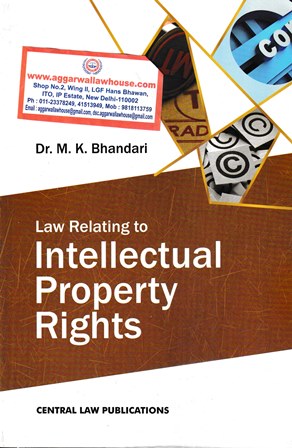
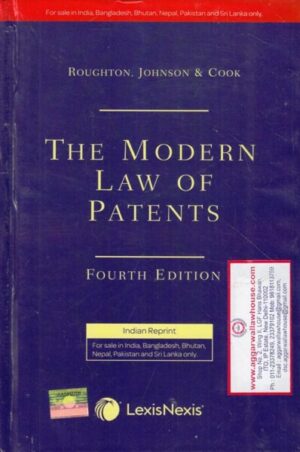
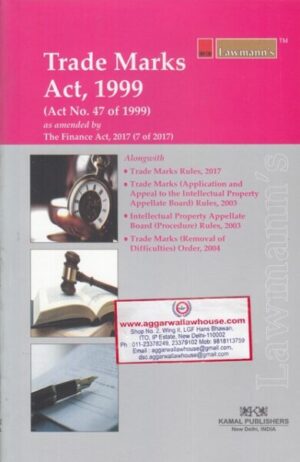
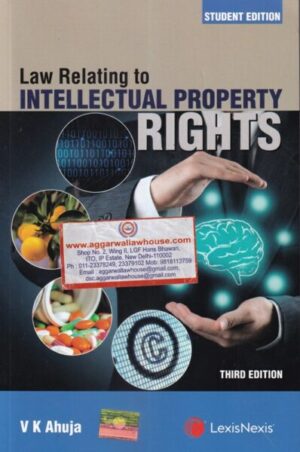
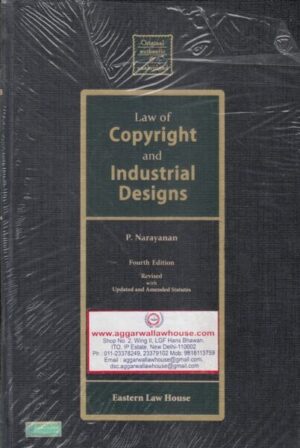
Rating & Review
There are no reviews yet.